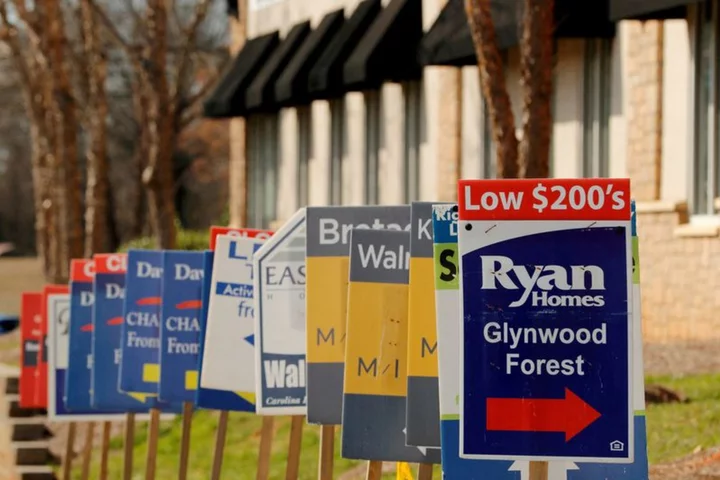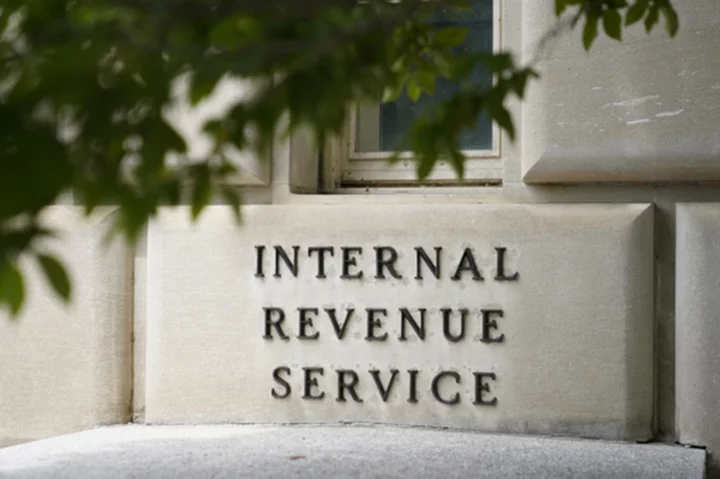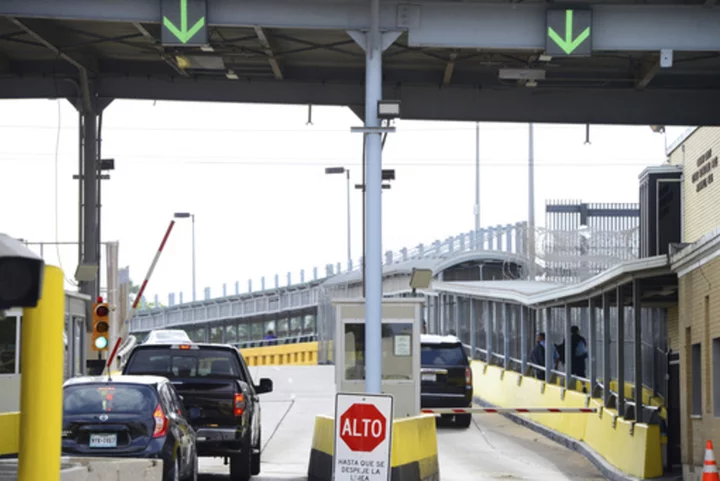By Safiyah Riddle
U.S. mortgage delinquency rates fell to a record low in the second quarter due to a strong job market and low interest rates prevailing on most home loans despite the big jump in mortgage rates over the last two years, a report on Thursday said.
Delinquency rates fell to 3.37% at the end of the second quarter, according to the Mortgage Bankers Association’s National Delinquency Survey, their lowest since the MBA began collecting data in 1979 and down from 3.64% year-on-year.
Seriously delinquent loans, which are 90 days or more past due or in the process of foreclosure, fell to the lowest non-seasonally adjusted rate in 23 years at 1.61%.
Economists are watching mortgage delinquency rates closely for signs of weakness amidst the Federal Reserve's aggressive 525 basis point interest rate increase since March 2022, which increased the cost of borrowing across the board.
While the MBA said many borrowers have been able to withstand surging mortgage costs in large part due to a resilient job market and strong wage growth throughout the year, most homeowners are also paying interest rates well below those charged on new loans.
Real estate brokers estimated in June that more than eight in 10 loans outstanding featured at rate below 5% at the end of 2022, well below the MBA's most recent contract rate above 7%. More than six in 10 pay 4% or less.
While the share of those paying such low rates is declining, many homeowners are opting to remain where they are rather than move and take on a new loan at current rates, which are approaching a 22-year high.
Despite the historically low delinquency rate, the MBA said not every borrower has been able to withstand the recent stress of hiked interest rates.
The delinquency rate on loans for low-income and first-time buyers, backed by the Federal Housing Administration (FHA), edged up 10 basis points annually to 8.95% in the second quarter.
Separately on Thursday, the National Association of Realtors released a report showing that the median home price in the second quarter fell 2.4% year-on-year to $406,000, albeit with significant variations nationwide.
“Home sales were down due to higher mortgage rates and limited inventory,” said NAR chief economist Lawrence Yun. “Affordability challenges are easing due to moderating and, in some cases, falling home prices, while the number of jobs and incomes are increasing.”
(Reporting by Safiyah Riddle; Editing by Dan Burns and Marguerita Choy)









